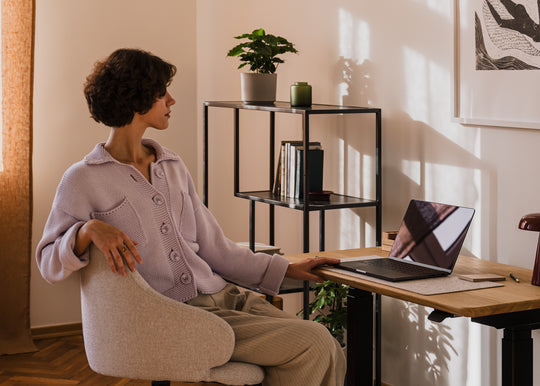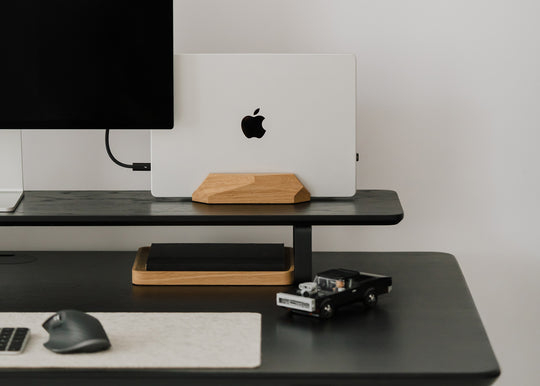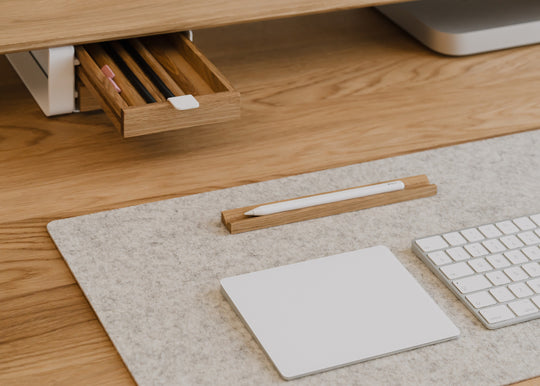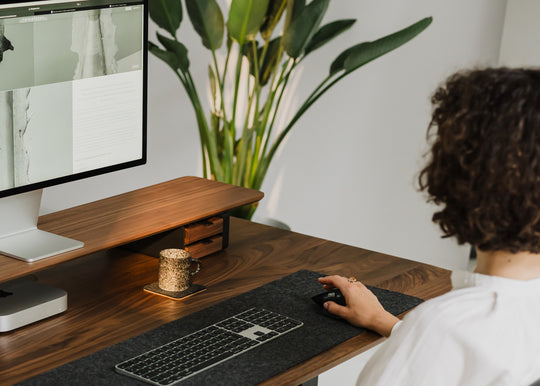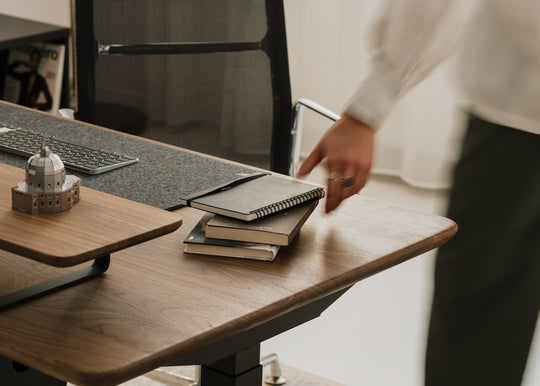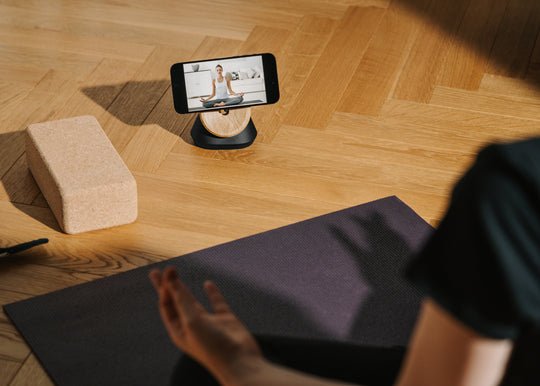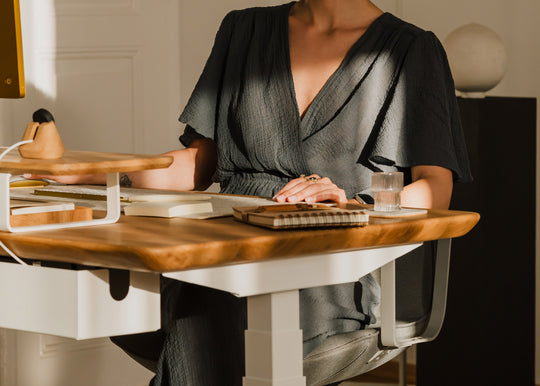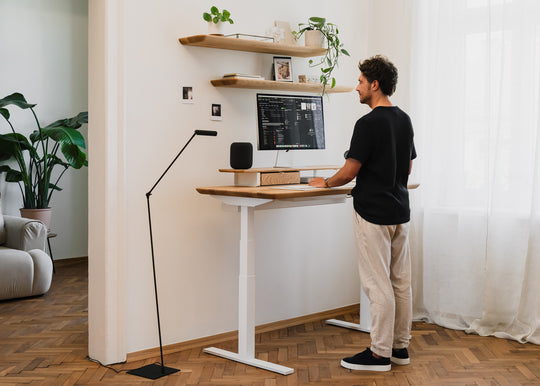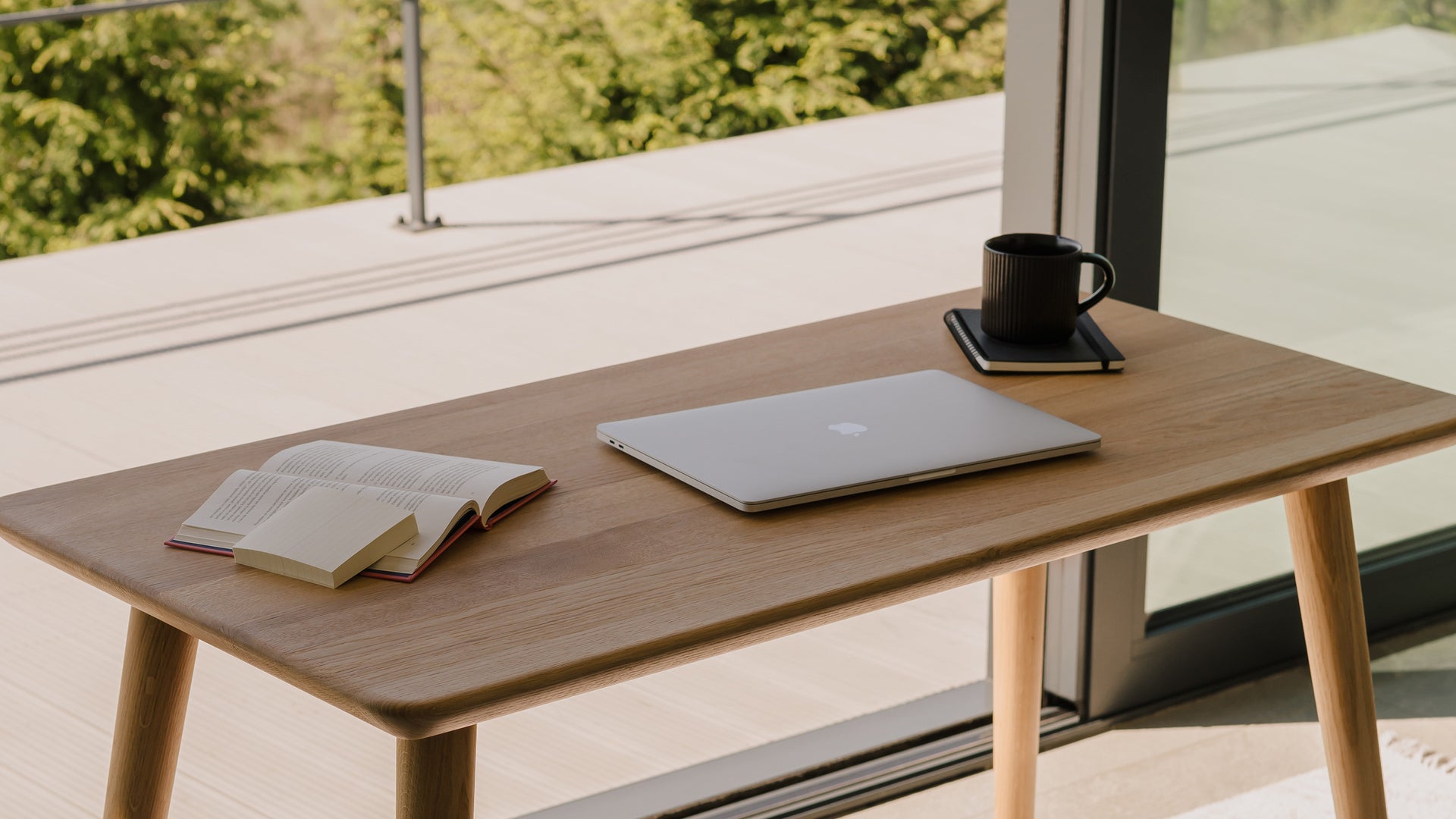
The sweet art of doing nothing - why and how to rest
In a world where productivity is heftily rewarded and vigorously encouraged, being idle seems almost sinful. Even during our time off, even on vacation - many people feel the internal pressure to do something, go somewhere, see something. We see doing nothing as a waste of precious time. Meanwhile, it is one of the best things we can do for our health and wellbeing.

Photo by Toa Heftiba on Unsplash
Why do you need to rest?
“I’m in pieces! Falling apart! Burnt out! Taken apart! I need to stop running even though I haven’t gotten anywhere. And rest! I need to rest, whatever the price!” - screams Adaś Miauczyński in the Polish cult classic “Day of the Wacko”. His monologue is very relatable for everyone who has fallen into the trap of toxic productivity; those of us who work without rest for extended periods of time and, running on fumes, are minutes away from reaching the town of Professional Burnout.
It can seem like working long hours means we are super productive - we get so much done! Sadly, the opposite is true: long-term stress and tiredness harm our efficiency and quality of work. Moreover, according to the American Psychological Association, chronic stress increases the risk of developing depression, headaches, and cardiovascular diseases. They may be subtle at first but, with time, these issues deepen. Like with many other illnesses, once we can see the symptoms clearly, we might be too far gone.
Rest not only brings down our stress levels, it increases clarity of mind, productivity, and creativity. According to research conducted by professor Alejandro Lleras from the University of Illinois, lack of regular breaks negatively impacts our attention span; we ‘get used’ to certain tasks, similarly to how we get used to the feeling of clothes touching our skin - we cease to experience it in a constant, intense way. A break, during which we switch our attention to something else and detach ourselves from work, allows us to return to our work duties with fresh, replenished levels of attention. The conclusion is simple: rest makes us feel better.

What does dolce far niente mean?
The sweet art of doing nothing, or dolce far niente, is an Italian idea that can be traced back to ancient Rome. Otium - meaning ‘leisure time’ reserved solely for intellectual and spiritual rest from work (negotium), was a popular concept at the time. This time of relaxation was considered a crucial practice for the well-being of body and mind.
Instead of promoting laziness, dolce far niente encourages us to take a pause from running, pay attention to the simple things, and be appreciative - to relish our existence here and now. It’s not the boring, passive idleness but rather quality time spent pursuing only the things that bring us joy, help us unwind, and are unforced.

How to cultivate sweet idleness today?
Loafing and dilly-dallying is nowadays becoming a lost art form. Technological advancement has changed the nature of physical work and lessened its burden on our bodies. A large number of people sit at their desks with their eyes fixed on the screen. Office work, however, is infamously known for being difficult to simply finish and leave. Even having set work hours doesn’t stop us from unwittingly returning to work mentally. Unplugging from work takes a lot of effort, especially when working from home. We simply cannot achieve peak relaxation and think about work at the same time - it’s like we never left work in the first place.
Hence, practicing the art of dolce far niente is more important than ever, and summer is the best time to do it. By spending time away from the office and amongst nature, we can slow down and exercise mindfulness. The first step to achieving this is setting firm boundaries between work and free time, and switching to leisure mode. The rest should be a breeze.
Choose to spend your free time in ways that encourage complete relaxation and comfort. It can be a short trip somewhere quiet and far from civilization or a long walk in the woods. You can go kayaking with friends or enjoy some quiet solitude. Spend the day aimlessly wandering your town and discovering it anew. Read, listen to music, have a tasty meal, and ponder the world around you. The possibilities are endless. All you absolutely have to do is enjoy yourself.
